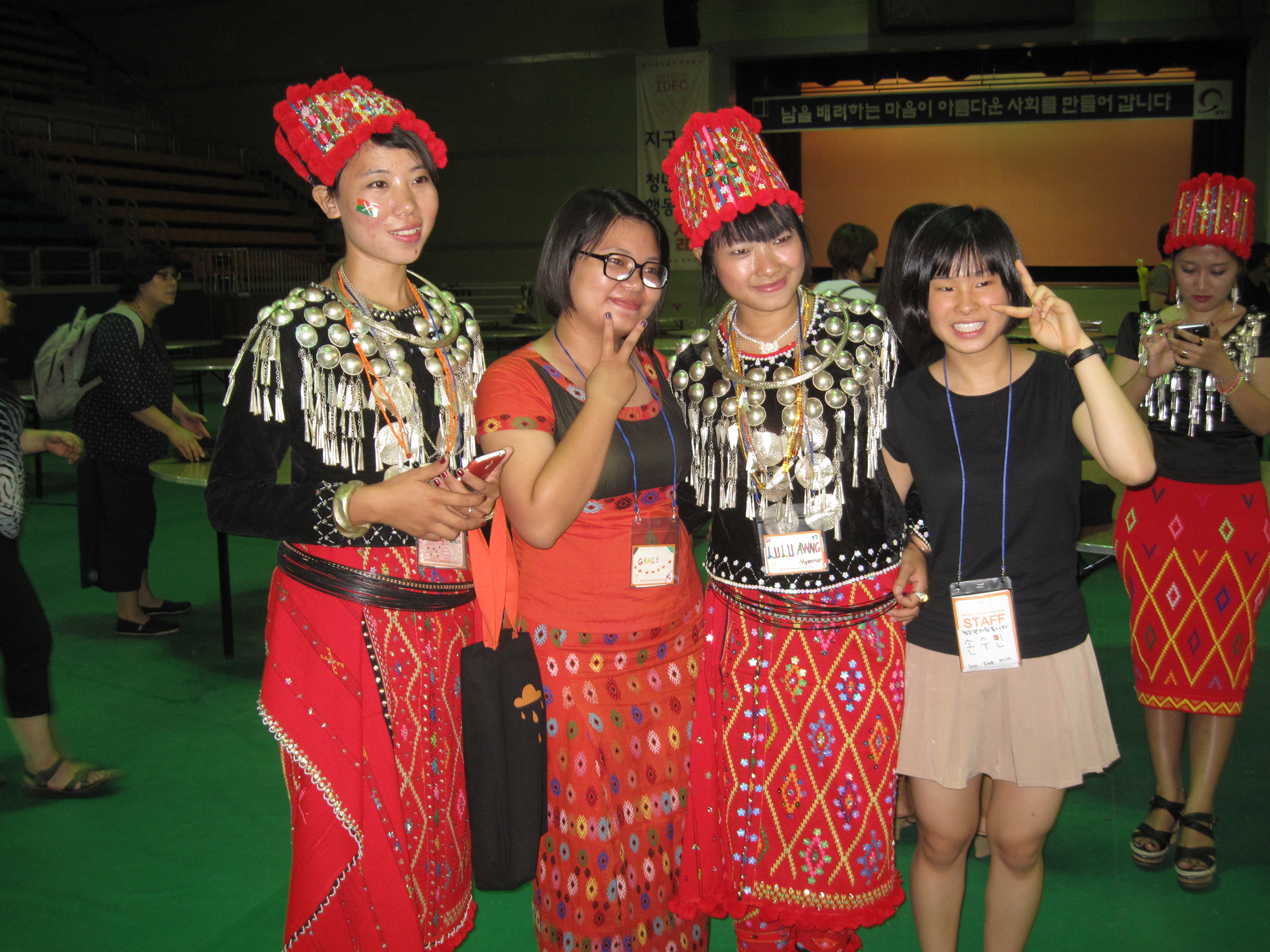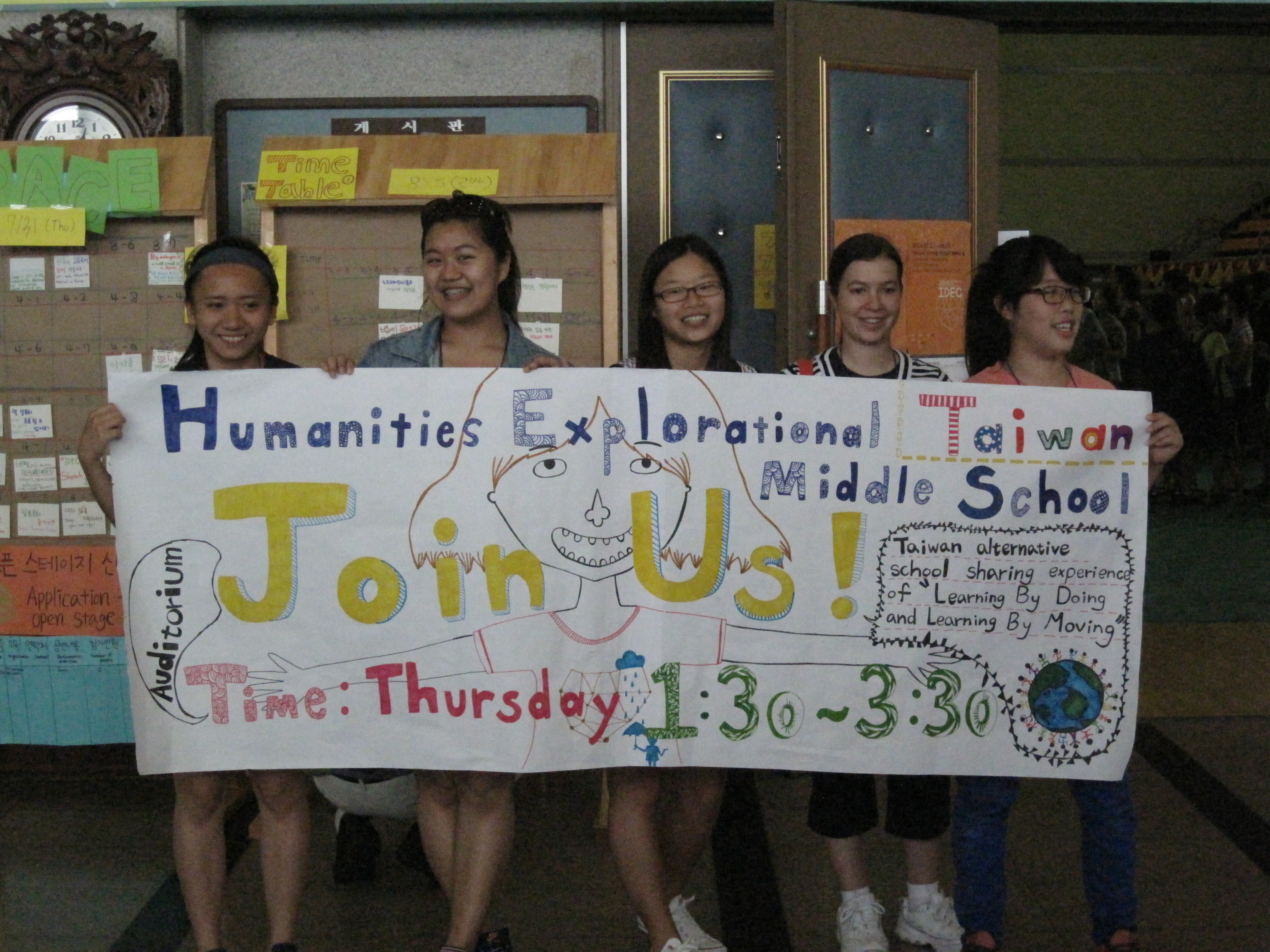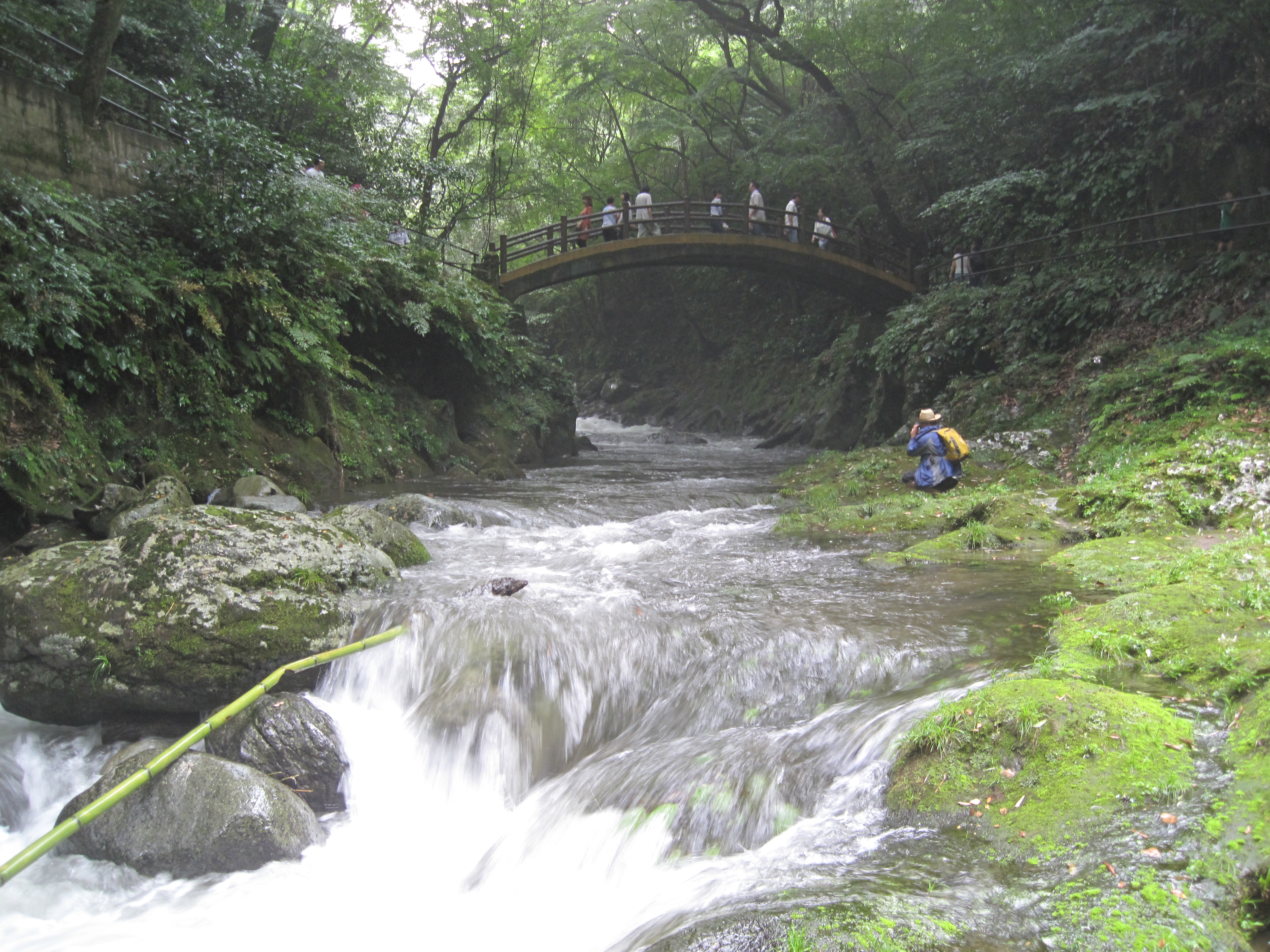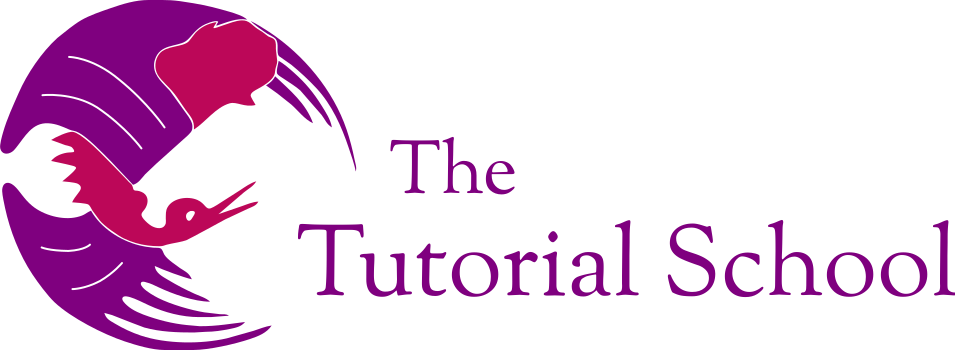The Global Student Initiative is an important part of our long-range planning. We are working in conjunction with our students to identify the major global forces that will impact their lives moving forward.
Background
Throughout human history, technological advances in communication have brought seismic cultural and historic changes. Furthermore, these advances occur quicker and quicker at an exponential rate. These technological advances act as accelerants within society that generate increasingly vast amounts of data. What we have today are billions of young people who are technically empowered to communicate globally and instantaneously without any governmental or institutional supervision.
There are specific trends which we have noticed: Interconnected microprocessor based screen devices are available to most people today; almost all of our students have at least one. All recorded music and all written information is equally accessible regardless of when it was created or who created it. Through social media, physical location is no longer a barrier to communication, increasingly neither is language. Anyone can broadcast themselves to almost everyone on the planet. Automation is increasingly taking over jobs that are predictable and rules-based.
Young people belong, simultaneously, to several national and global subcultures where they can create multiple identities and breathe life into them without needing the approval of an institution. They also have the ability to broadcast their views on a scale well beyond all the major media companies. Furthermore, compounding the complexity, this plays out differently from region to region. For example, social media is very different in China than in France.
We have made several observations based on research and discussions with our students: They are spending more of their time looking at screens, and less time in direct human interaction. They are simultaneously more connected and more isolated. They don’t know who or what to believe. All this connectivity has not made them more empowered or more confident; they do not know how to utilize the power available to them. If information is not easily accessible, it is not deemed to be worth tracking down. Most interestingly, identity is increasingly self-appointed rather than imposed, and as a result is deeply personal.

The Role of Education
We as educators are concerned about the value systems that dominate this vast amalgam of people, cultures, and political interests. Children are already connected to peers around the world, but they need the skills to communicate in thoughtful, meaningful ways. How can people with disparate world views and personal frames talk to each other? Given that young people are exposed to the materialistic and status-driven market economy of a competitive, consumption-based society, what value systems should we develop and introduce?
Exposure to multiple world views helps our students to learn tolerance. They become less threatening. As teachers, we need to learn how to facilitate our students to communicate cross-culturally.
There are several other questions that are relevant to the initiative. They are as follows:
What are the value systems from other cultures that could enhance our students’ education?
How do we help our students discern what is truth for them while being able to accept other people’s truths?
What critical lessons have our colleagues from other countries used to help generate self-actualized tech- savvy students?
How do we facilitate students’ development of a healthy identity in relation to the technologically fast-paced interconnected world, where social markers, divisions, and cultural road signs are not generally agreed upon? How does each school find their balance between individuality and collectivism considering the changes brought on by modern technology?
How do we help them develop skills that are uniquely human and will not be made obsolete through automation?
How can we help our students connect and communicate with peers from other cultures?
How are the other schools helping their students to fully utilize the power of modern communications? What are the students from other cultures’ concerns regarding the dynamic of the pace of technology versus their personal development?
How do we help our students refine their capacity for empathy towards diverse people and the planet? What is the appropriate learning environment for these questions?
How can we generate a space where we can discuss these questions?

International Democratic Education Conference (IDEC)
A very important objective of the Global Student Initiative is to attend the IDEC 2016 in Mikkeli, Finland. Established in 1993, IDEC hosts hundreds of educators from over 30 nations who participate in educational approaches involving student-directed learning and student-managed schools. In other words, this is where we can meet with people from schools like ours. The daily agendas comprise workshops, lectures, and activities.
The IDEC gives us an incomparable learning opportunity. The ongoing discussions, with colleagues from similar schools around the world, evolve over the days and weeks of the conference.
The key activities we will pursue are: Conducting research into the larger context of interactive connectedness; investigating ingrained cultural assumptions; conducting meetings with teachers, students, and experts to create a 360° perspective.
The entirety of the IDEC experience will be integrated in the long-range plan of the Global Student Initiative.

